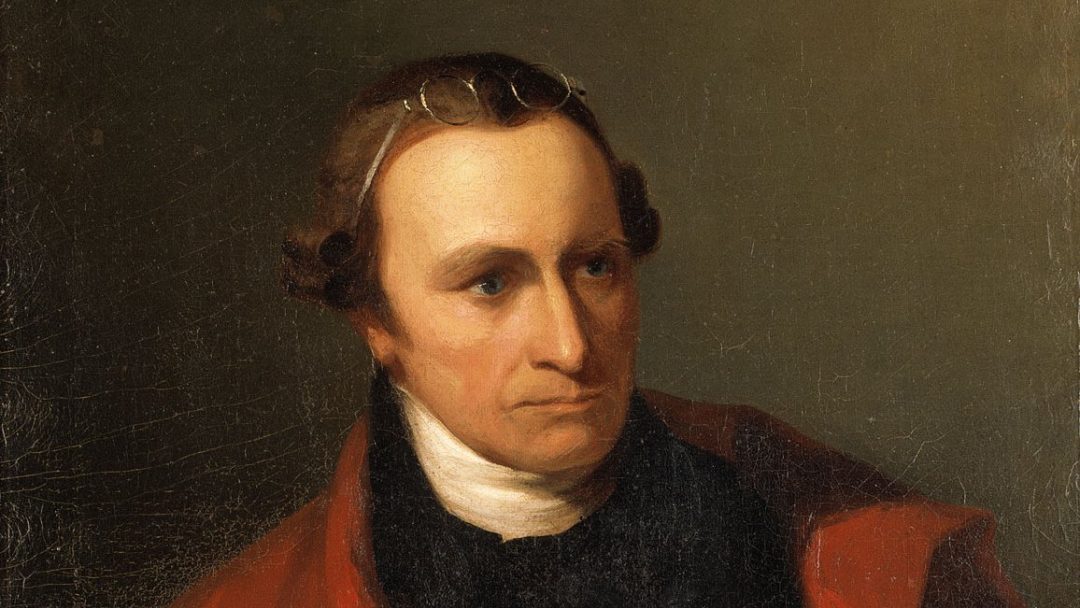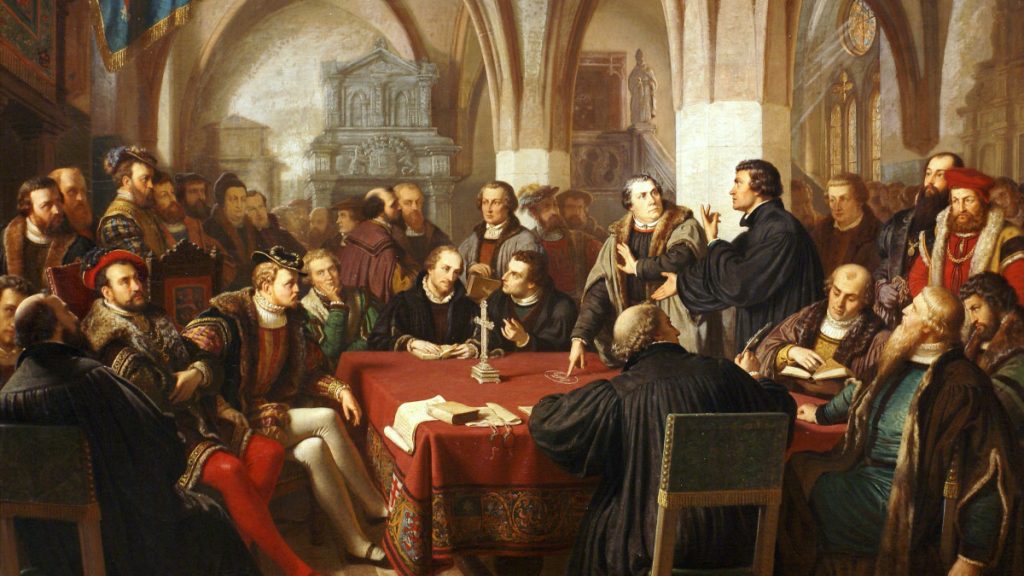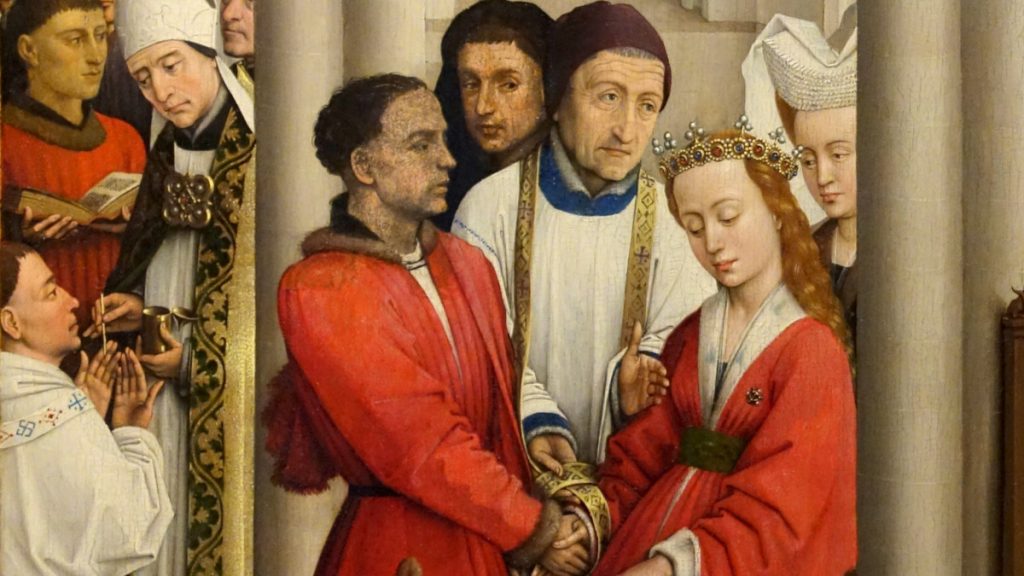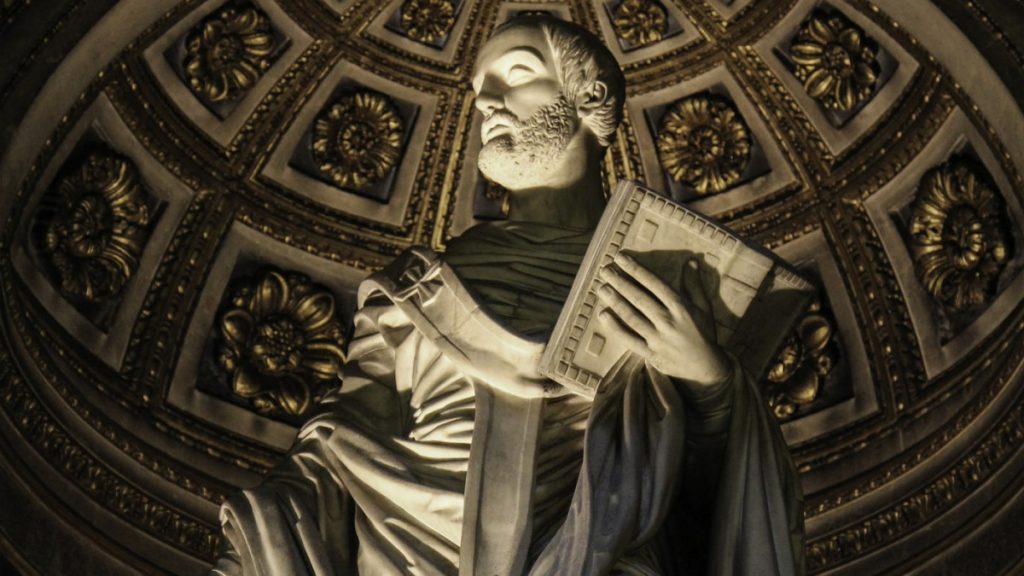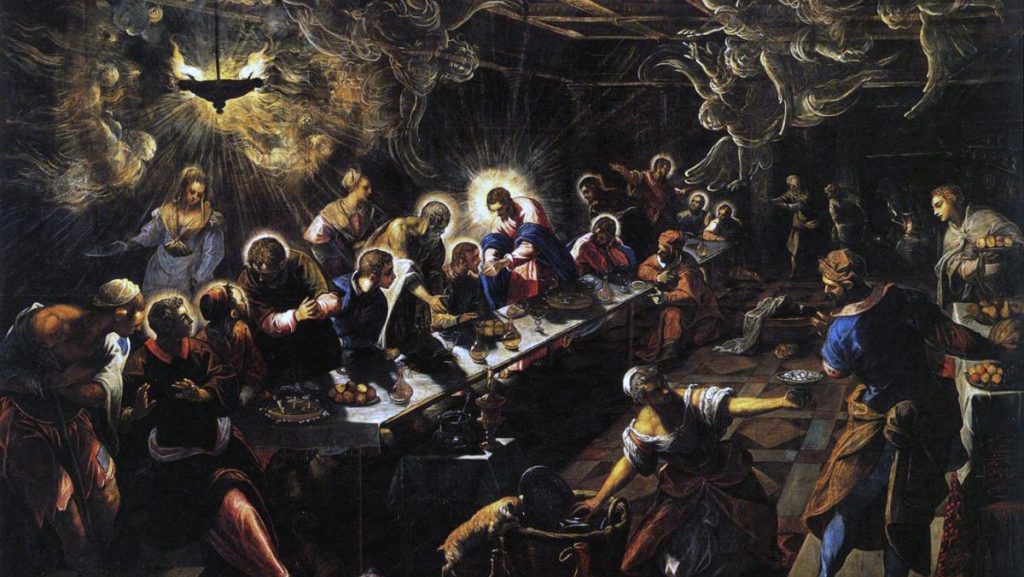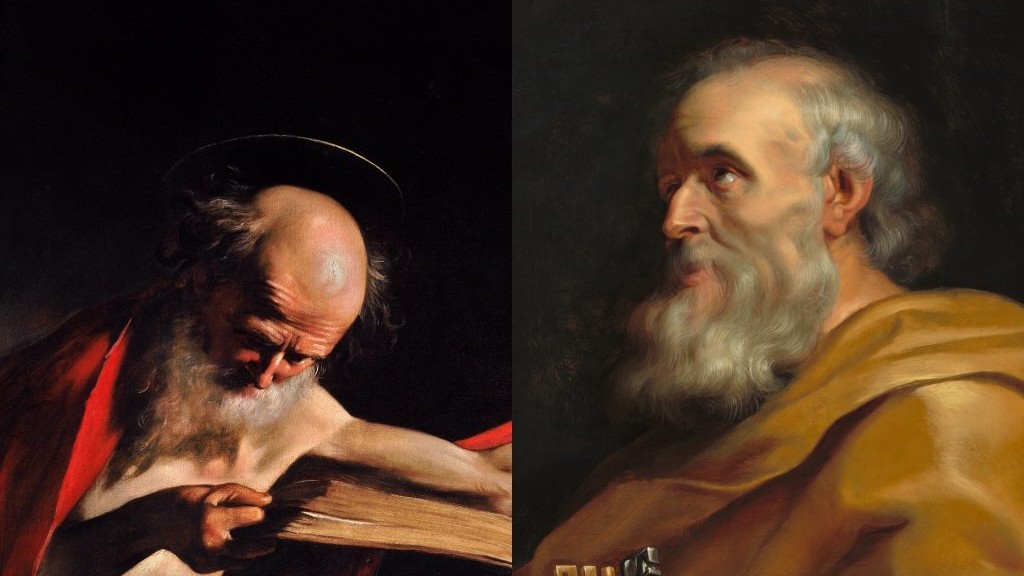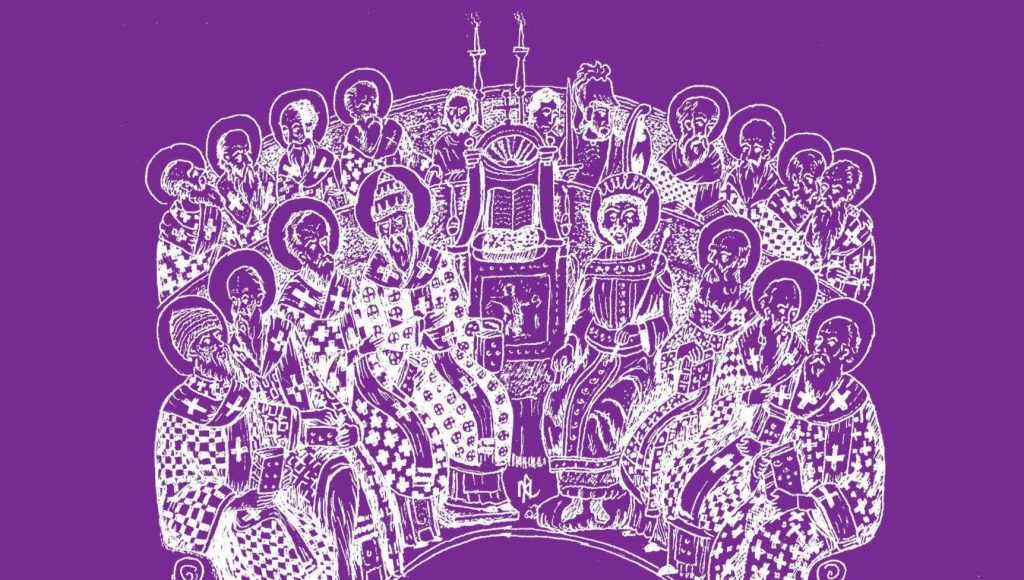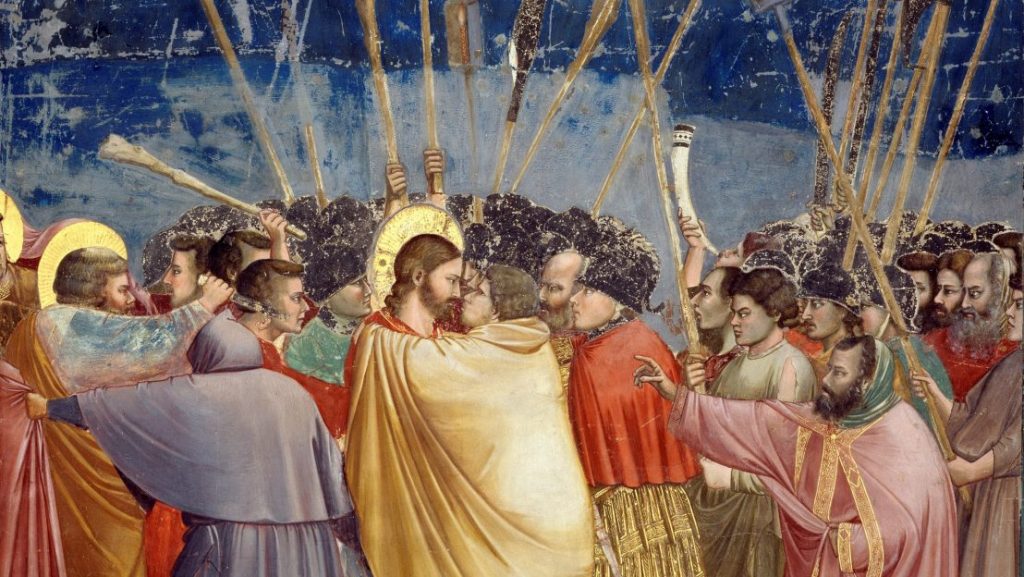(Updated May 28, 2025)
Patrick Henry (1736-1799) was an American Founder, perhaps most famous for his “Liberty or Death!” speech in the lead up to the American Revolution. He served as Virginia’s first and sixth Governor.
Speeches
Patrick Henry, Speech in the Virginia Convention (March 23, 1775)1
“Liberty or Death!” Speech
If we wish to be free—if we mean to preserve inviolate those inestimable privileges for which we have been so long contending—if we mean not basely to abandon the noble struggle in which we have been so long engaged, and which we have pledged ourselves never to abandon, and which we have pledged ourselves never to abandon, until the glorious object of our contest shall be obtained—we must fight!—I repeat it sir, we must fight!! An appeal to arms and to the God of Hosts, is all that is left us!
They tell us, sir, that we are weak—unable to cope with so formidable an adversary. But when shall we be stronger?…Sir, we are not weak, if make a proper use of those means which the God of nature hath placed in our power…Besides, sir, we shall not fight our battles alone. There is a just God who presides over the destinies of nations; and who will raise up friends to fight our battles for us [Ex. 14:14; et al]. The battle, sir, is not to the strong alone [Ecc. 9:11]; it is the vigilant, the active, the brave.
Is life so dear, or peace so sweet, as to be purchased at the price of chains, and slavery? Forbid it, 3 | 4 Almighty God!—I know not what course others may take; but as for me, give me liberty, or give me death!
Letters and Other Private Documents
Patrick Henry, Annotation on Virginia’s Stamp Act Resolutions (c. 1765)2
The great point of resistance to British taxation was universally established in the colonies. This brought on the war which finally separated the two countries and gave independence to ours. Whether this will prove a blessing or a curse, will depend upon the use our people make of the blessings which a gracious God hath bestowed on us. If they are wise, 81 | 82 they will be great and happy. If they are of a contrary character, they will be miserable. Righteousness alone can exalt them as a nation. Reader! Whoever thou art, remember this; and in thy sphere practice virtue thyself, and encourage it in others.
Patrick Henry, To John Alsop (January 13, 1773)3
Desire to End Slavery, Unwillingness to Part With its Convenience
I take this opportunity to acknowledge the receipt of Anthony Benezet’s book against the slave trade. I thank you for it. It is not a little surprising that Christianity, whose chief excellence consists in softening the human heart, in cherishing and improving its finer feelings, should encourage a practice so totally repugnant to the first impressions of right and wrong. What adds to the wonder is, that this abominable practice has been introduced in the most enlightened ages. Times that seem to have pretensions to boast of high improvements in arts, sciences, and refined morality, have brought into general use, and guarded by many laws, a species of violence and tyranny which our more rude and barbarous, but more honest, ancestors detested.
Is it not amazing that at the time when the rights of humanity are defined and understood with precision, in a country, above all others, fond of liberty—that in such an age and in such a country we find men professing a religion the most human, mild, meek, gentle and generous, adopting a principle as repugnant to humanity as it is inconsistent with the Bible, and destructive to liberty? Every thinking, honest man rejects it in speculation. How few, in practice, from conscientious motives!
The world, in general, has denied your people [Quakers] a share of its honors; but the wise will ascribe to you a just tribute of virtuous 52 | 53 praise for the practice of a train of virtues, among which your disagreement to Slavery will be principally ranked. I cannot but wish well to a people whose system imitates the example of Him whose life was perfect [Jesus]; and believe me, I shall honor the Quakers for their noble efforts to abolish Slavery. It was equally calculated to promote moral and political good.
Would anyone believe that I am master of slaves by my own purchase? I am drawn along by the general inconvenience of living without them. I will not—I cannot justify it, however, culpable my conduct. I will so far pay my devoir to Virtue, as to own the excellence and rectitude of her precepts, and to lament my want of conformity to them. I believe a time will come when an opportunity will be afforded to abolish this lamentable evil. Everything we can do, is to improve it, if it happens in our day; if not, let us transmit to our descendants, together with our slaves, a pity for their unhappy lot, and an abhorrence of Slavery. If we cannot reduce this wished-for reformation to practice, let us treat the unhappy victims with lenity. It is the furthest advancement we can make toward justice. It is a debt we owe to the purity of our religion, to show that it is at variance with that law which warrants Slavery.
…I exhort you to persevere in so worthy a resolution. Some of your people disagree, or at least are lukewarm in the Abolition of Slavery. Many treat the resolution of your meeting with ridicule; and among those who throw ridicule and contempt on it are clergymen whose surest guard against both ridicule and contempt, is a certain act of Assembly.
I know not where to stop. I could say man things on this subject [slavery], a serious review of which gives a gloomy perspective in future times.
Patrick Henry, To George Washington (February 12, 1799)
French Revolutionary Principles Sapping “Morality and Religion”
The Salvation I speak of from the French was wrought against the Will of a great portion, if not a Majority of the people—Candor obliges me to acknowledge that I was amongst the Number of blind and deluded. And I have to thank Heaven, that our Government was guided by a clearer Intellect, and a happier Foresight than mine. But notwithstanding the Check given to French men and their principles, Events have proved, that the Contagion of the latter has spread far and wide: and whilst they have sapped the Foundations of our Morality and Religion, have prepared the Minds of Men to equal Hostility against their own Government. And so far as I understand those who nickname themselves “Democrats,” they are at Variance with those Truths which concern our Happiness in the World to come, alike with our Happiness in this—If an uninterrupted Importation of French Principles had happened, our Ruin would have been certain and speedy. And even in the present State of Things, it may be doubted whether a Cure can easily be found for the Mischiefs they have occasioned. God grant it may be effected without coming to Extremity—yes my dear sir, I accord with every Sentiment you express to me—I am ashamed to refuse the little Boon you ask of me, when your Example is before my Eyes—My Children would blush to know, that you and their Father were contemporaries, and that when you asked him to throw in his Mite [Mark 12:41-44; Luke 21:1-4] for the public Happiness, he refused to do it.
Footnotes
- Ted Widmer, ed., American Speeches: Political Oratory from Patrick Henry to Barack Obama (New York: Library of America, 2011), 3-4. ↩︎
- Patrick Henry, William Wirt Henry, ed., Patrick Henry: Life, Correspondence and Speeches, Volume I (New York: Charles Scribner’s Sons, 1891), 81-82. ↩︎
- James G. Basker, ed., American Antislavery Writings: Colonial Beginnings to Emancipation (New York: Library of America, 2012), 52-53. ↩︎
